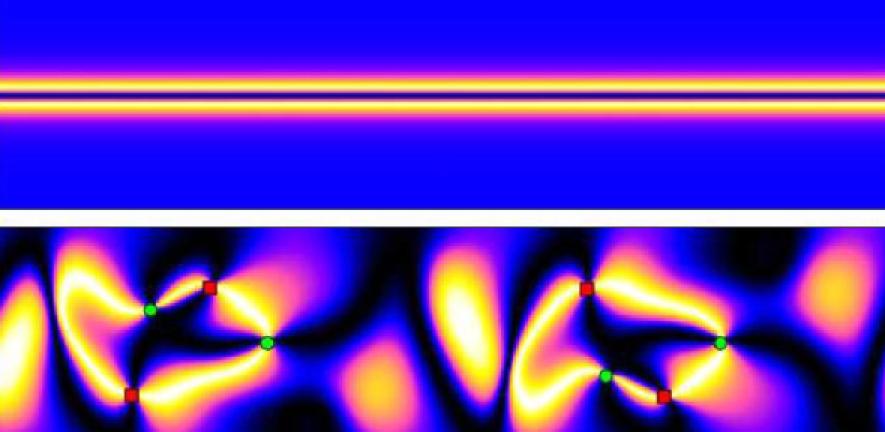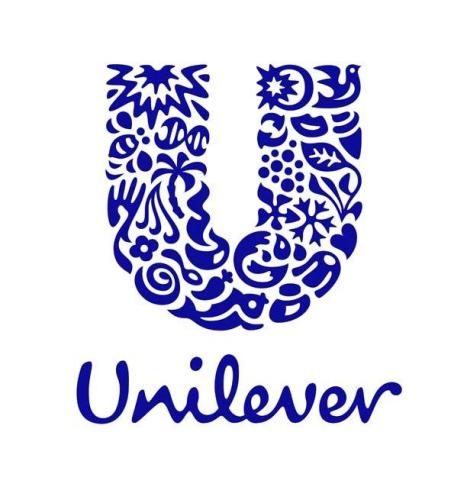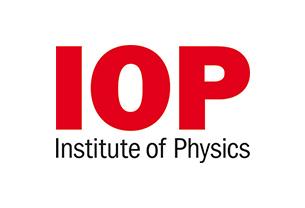
Centre for Mathematical Sciences
Background
2019 was the fourth year in the Edwards Symposium Series, funded in part by continued generous support from Unilever.
This symposium series is named after the renowned Scientist Sir Sam Edwards FRS, who was a pivotal figure in bringing advances in the physical sciences and translating them into end user applications for industry. Sir Sam’s contributions to the field of soft matter ranged from polymer melts, through gels, colloids, granular materials and glasses to optimisation problems.
The Edwards Symposium Series recognises the fast evolving and diverse nature of soft matter science and each year focuses on different areas of new and emerging science.
Relevant to many industrial and biological systems, soft matter is pivotal to a wide range of disciplines and has led to innovative materials and processes for industry while also posing new fundamental problems. The Symposium builds on Sir Sam’s realisation that broad classes of soft materials are governed by unifying physical principles, arising from the geometry, topology and qualitative behaviour of their microscopic components, regardless of their detailed molecular or chemical character.
Aims & Objectives
The Edwards Symposium Series highlights the latest developments in soft matter science with a particular (but not exclusive) emphasis on theoretical and mathematical models, and on how these models can inform industrial processes, materials, and design. Leading academic speakers convey their latest scientific work, aiming to foster collaborative and interdisciplinary discussions across the industry/academia boundary.
In 2019, the workshop focused on the following soft matter areas:
- New perspectives on detergency
- Active and driven phase separation
- Rheology of dense suspensions
- Environmentally sustainable plastics
These themes posed fundamental questions in basic science that were addressed by distinguished academic speakers. Their industrial relevance was reflected by the prominence at the Symposium of industrial participants whose oral presentations, posters and informal discussions informed the discussions with the hope of leading to concrete future collaborations, of benefit to both sides.
Posters
Participants were encouraged to bring a poster to display their relevant work/research. The poster exhibition ran throughout the three day workshop, with dedicated networking time scheduled on the first and second day.
Alexei Likhtman Poster Prize - The aim of the prize was to acknowledge, celebrate, and promote achievements of young scientists in early stages of their career, in recognising the memory and the contributions to polymer physics of Alexei Likhtman. The Prize was offered for the best poster presented at the meeting.
In addition, the Royal Society of Chemistry once again supported the poster exhibition and offered 3 separate poster prizes.
Posters were judged by a dedicated panel at the Conference.
Organisation
The Edwards Symposia are organised jointly by the Newton Gateway to Mathematics and the Edwards Centre for Soft Matter. The latter is a virtual laboratory, encompassing staff from six Cambridge University Departments, whose role is to promote academic collaborations in Soft Matter Science across the University.
Registration and Venue
The fourth Edwards Symposium took place at the Centre for Mathematical Sciences, Cambridge on 4th-6th September 2019.
There was a nominal registration fee which was £90 for non-academics and £70 for academics/public sector individuals.
En-suite accommodation was available locally at Robinson College at a cost of £78.00 per night, bed and breakfast. An accommodation information leaflet can be found here.
A formal college dinner was arranged for the Thursday evening at Gonville and Caius College, at a cost of £50.00 per person. Please note: the dinner was held at the college's West Road Harvey Court site and not the Old Courts in the centre for Cambridge.





